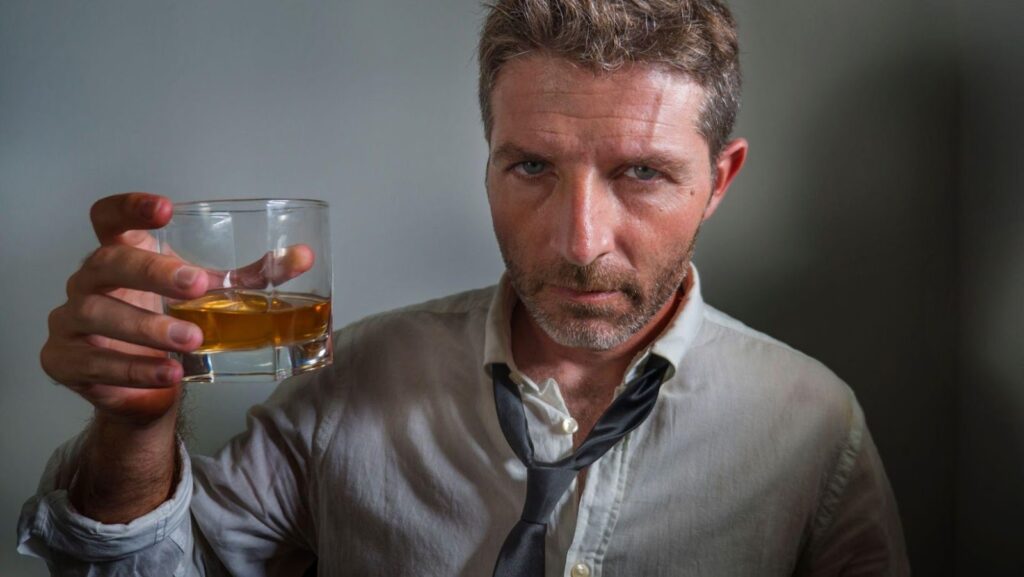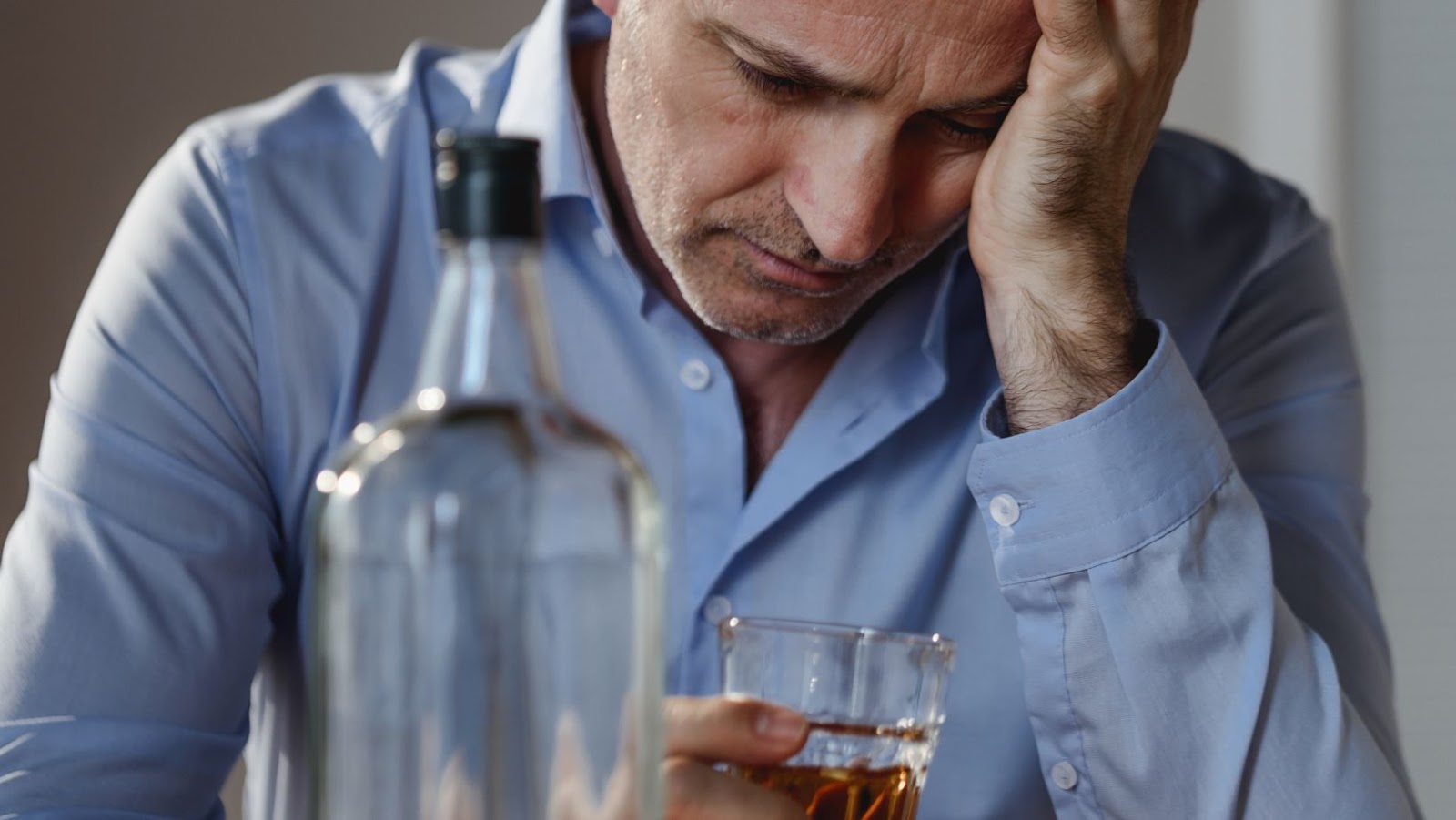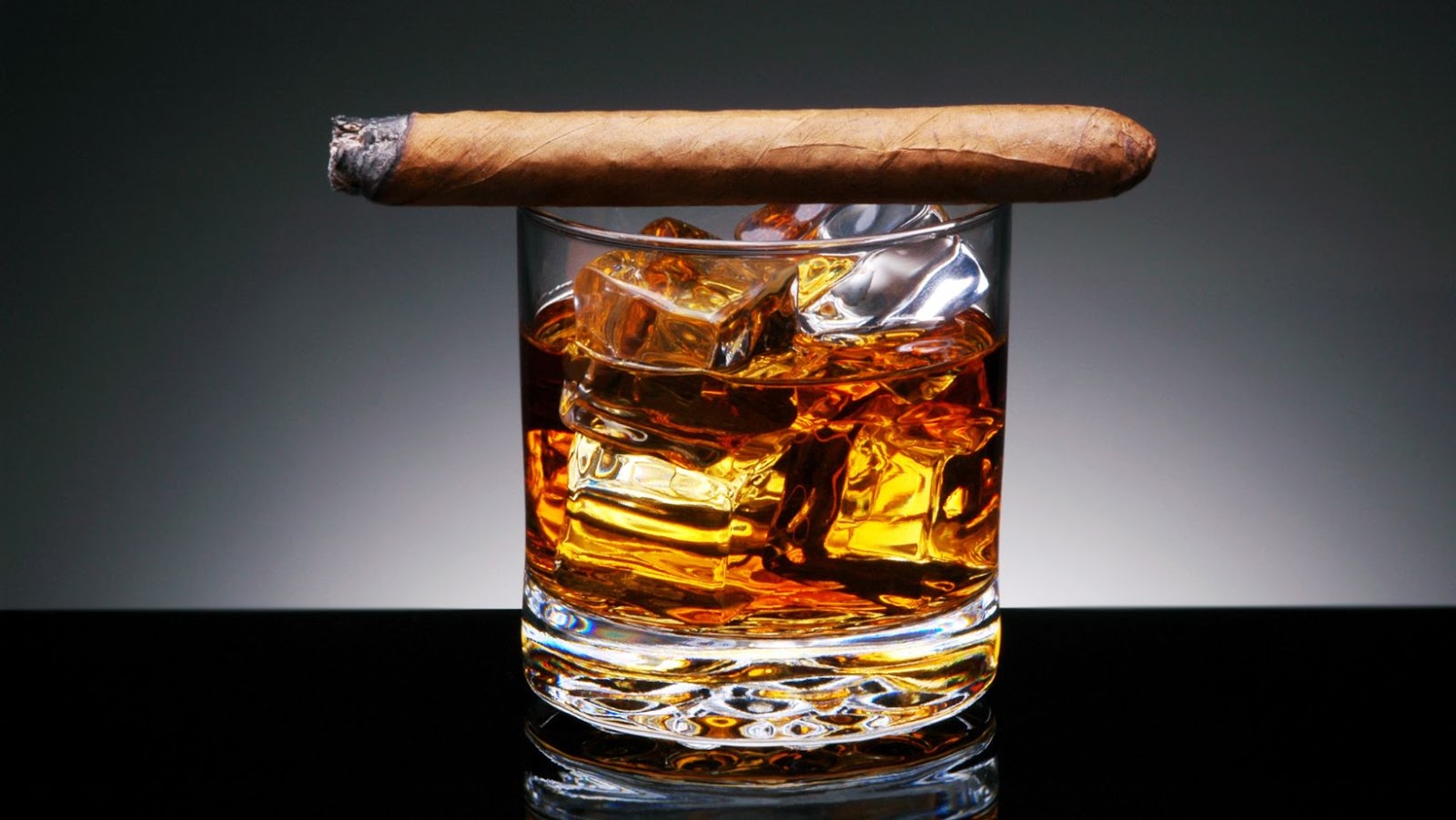
Is your drinking habit in Los Angeles out of control? Binge drinking is difficult to break, but it is possible. With help and support, you can regain control of your life and enjoy it without relying on alcohol. This article will provide you with helpful tips on how to stop binge drinking and get back on track.
You no longer have to suffer alone or feel ashamed about your problem. There are many resources available that can help you find the best outpatient rehab program in Los Angeles so that you can start living a healthier lifestyle today.
Read this article for more information about how to regain control of your life and find an effective Los Angeles outpatient rehab!
What Is Binge Drinking? What Are Signs of Drinking Alcohol?
Binge drinking is a pattern of alcohol consumption that involves consuming large amounts of alcohol quickly, resulting in an extremely high blood alcohol level. Binge drinking can lead to serious health consequences and be dangerous for the drinker and those around them. Binge drinking may increase the risk of illness, injury, and death due to alcohol poisoning, car accidents, violence, or other risks.
Signs of Excessive Drinking Include:
Feeling a Strong Urge to Drink
If you feel an overwhelming urge to drink alcohol, it may be a sign that your drinking is out of control.
Drinking More Than Intended
If you find yourself drinking more in each sitting or drinking until the bottle is empty, this can be a sign that you are binge drinking.
Drinking Alone or With Strangers
Binge drinking is often done alone or with strangers, which can be a sign of problem drinking.
Relying on Alcohol to Cope With Stress
If you rely more and more on alcohol to manage your daily stresses, it might be time to take a step back and get help.
What Are the Reasons for Binge Drinking?
There are many reasons why people may start to drink excessively, such as:
Stress
When someone is feeling stressed or overwhelmed, they may turn to alcohol abuse as a way to cope.
Peer Pressure
It can be difficult to resist pressure from peers and friends who are also drinking.
Depression or Anxiety
Alcohol can cope with depression, loneliness, or anxious feelings.
Self-Medication
Some people may use alcohol to try and numb their emotions or cope with difficult situations.
Low Self-Esteem
When someone is feeling down about themselves, they may drink in order to find relief.
Lack of Coping Skills
If someone does not have the coping skills to deal with difficult situations, they may turn to alcohol as a means of escape.
What Are the Short-Term Effects of Binge Drinking Alcohol?
The short-term effects when binge drinking occurs include:
Impaired Coordination
Difficulty with balance, walking, and standing.
Slurred Speech Because of Binge Drink
Difficulty speaking clearly or slurring words.
Memory Loss
Difficulty remembering details and events leading up to the binge drinking episode.
Vomiting
Nausea and vomiting are common when consuming an excessive amount of alcohol in a very short period.
Drowsiness
Excessive sleepiness and fatigue are common after substance abuse.
What Are the Long-Term Effects of Binge Drinking?
The long-term effects of binge drinking can include physical, mental, and social consequences. These include:
Liver Disease
Binge drinking can lead to liver damage or cirrhosis (scarring of the liver).
Heart Disease
Binge drinking can lead to high blood pressure and increased heart attack or stroke risk.
Mental Health Problems
Depression, anxiety, and other mental health issues can be caused by alcohol use disorder.
Social Consequences
Binge drinking can lead to risky behavior and trouble with relationships, work, or school. Binge drinking can cause problems in relationships due to violence, neglect, or embarrassment. Additionally, you may face legal problems due to DUI or other alcohol-related offenses.
How Can I Stop Drinking Alcohol?
Once you’ve recognized that your drinking habits are out of control, there are steps that you can take to change them. Here are tips on how to stop binge drinking:
Talk to Someone You Trust to Quit Drinking Alcohol
Talking to a friend or family can help you process difficult emotions and get support.
Seek Professional Help for Alcohol Abuse
Therapy, counseling, and other mental health services can help you develop better-coping mechanisms and find healthier ways of dealing with difficult emotions.
Set a Drinking Limit
Try to set and adhere to a limit on how much you drink in one sitting. If your goal is to eventually stop drinking, try making that number zero each day.
Get Rid of Your Alcohol
It won’t be as tempting to drink if it’s out of sight. Try removing the alcohol from your home or workplace so you’re not constantly exposed to it.
Create a Plan for Cravings
When the urge to drink strikes, have distraction techniques ready to help take your mind off drinking. Examples include walking, playing a game, or calling a friend.
Find Healthier Alternatives for Stopping Binge Drinking
Alcohol isn’t the only way to unwind and destress– find activities that relax you without relying on alcohol. Examples include exercising, spending time with friends, reading, playing music, or meditating.
Reach Out for Support to Avoid Alcohol Misuse
Support groups, such as Alcoholics Anonymous, can provide invaluable help and advice for those trying to quit drinking. Connecting with others in the same situation can offer accountability and motivation.
No matter how much you’ve been drinking, it’s never too late to change. With dedication and support from loved ones, you can learn how to reduce or stop drinking for good.
Conclusion
Alcohol intake can have serious short- and long-term consequences for binge drinkers’ physical and mental health. With dedication and support, it is possible to reduce or stop drinking for good. If you need help making changes, contact professional help or join a support group such as Alcoholics Anonymous.
By taking the necessary steps to stop alcohol dependence, you can ensure your health and well-being are not compromised by excessive alcohol consumption.






